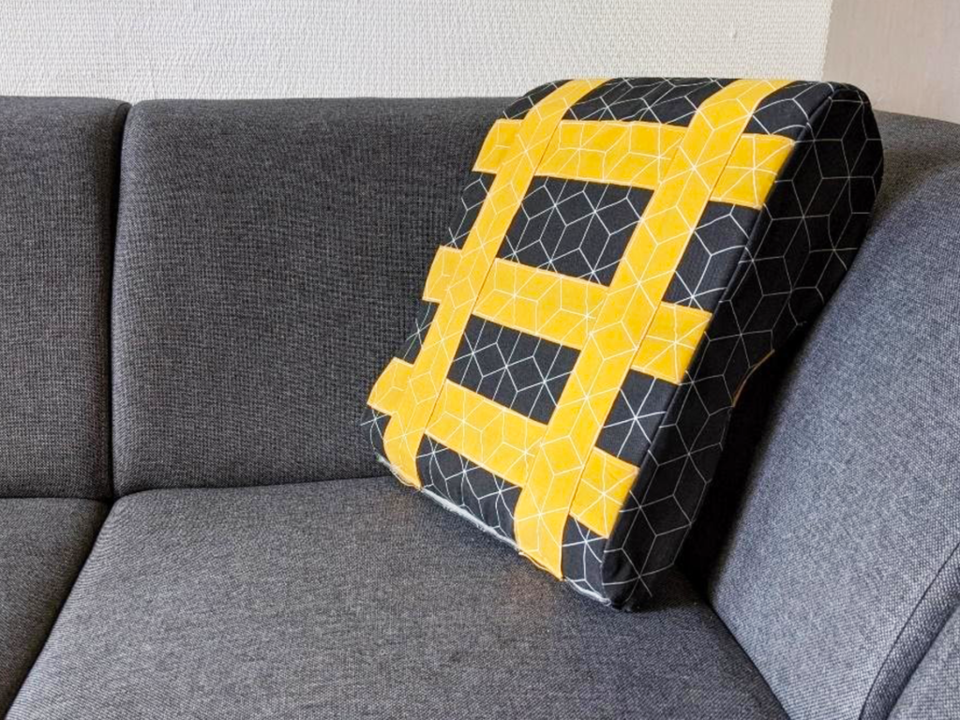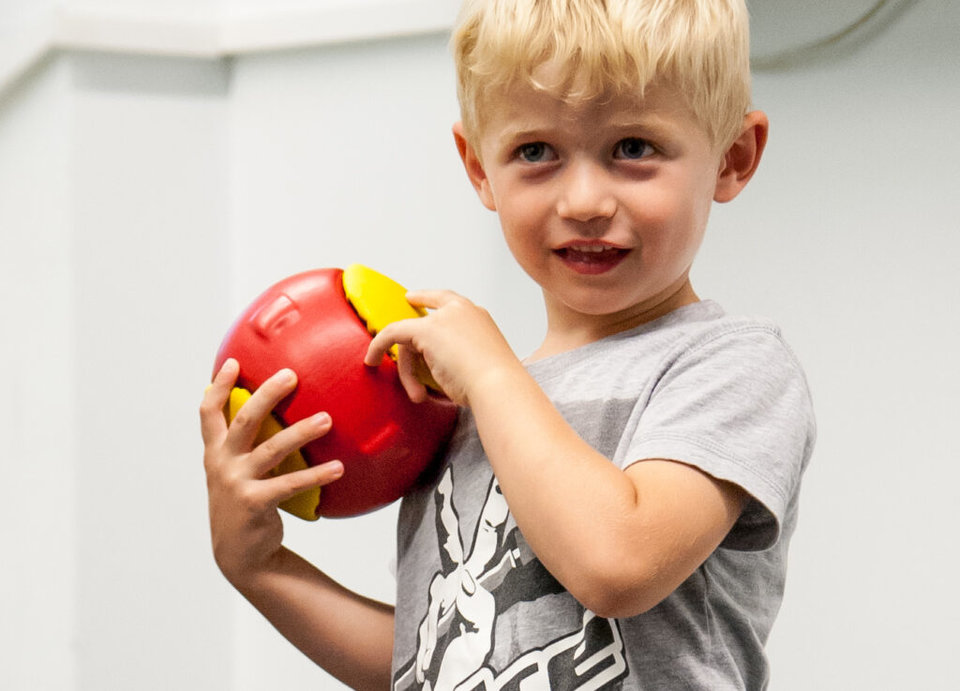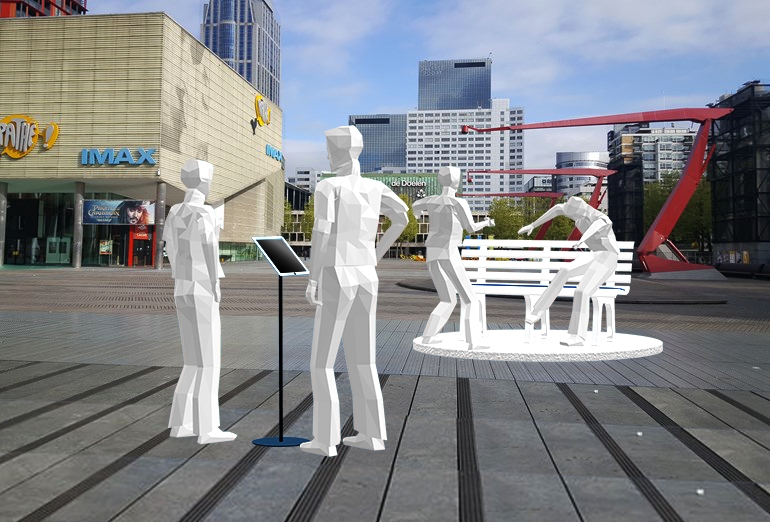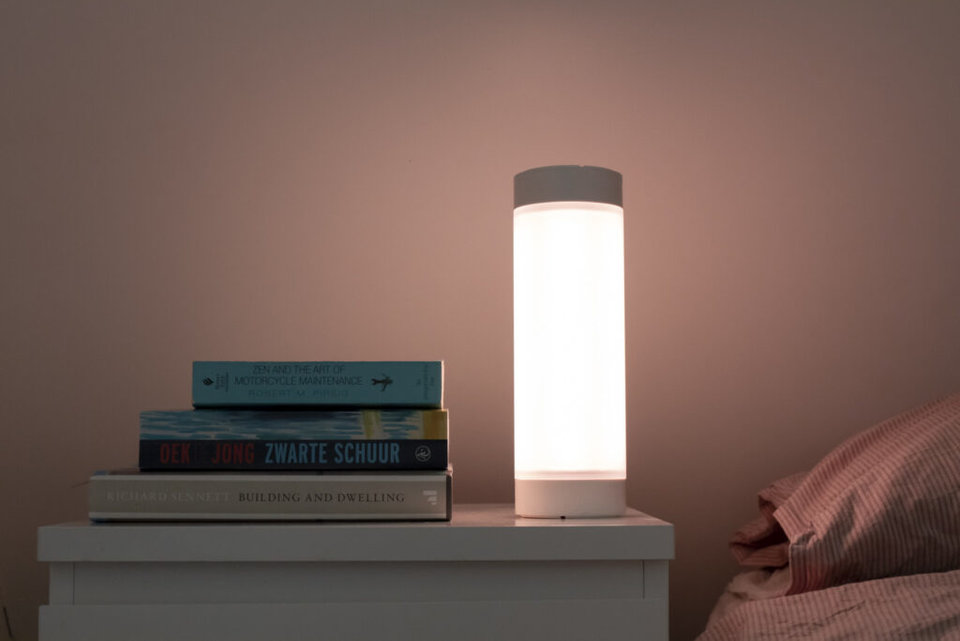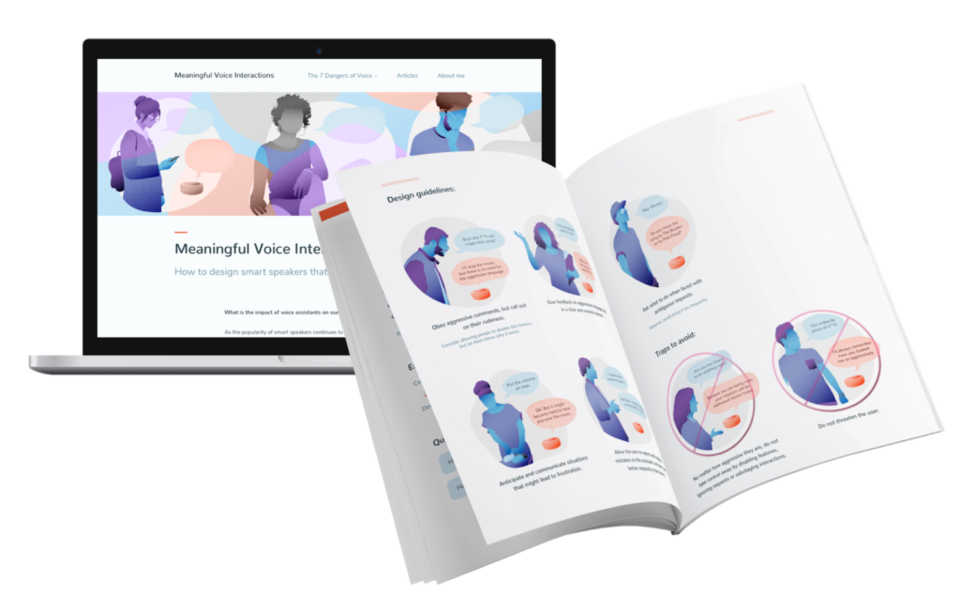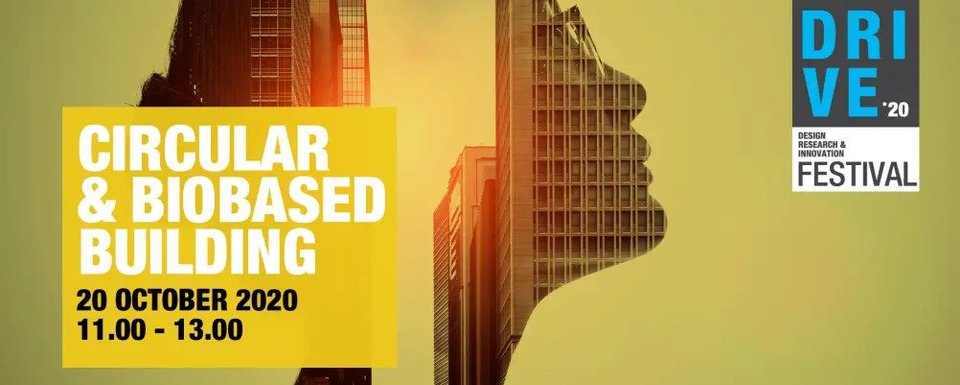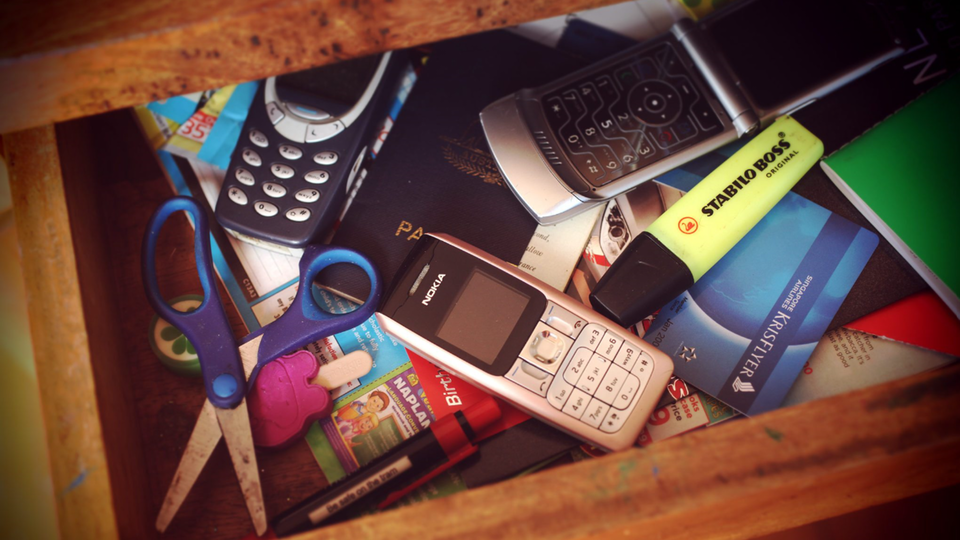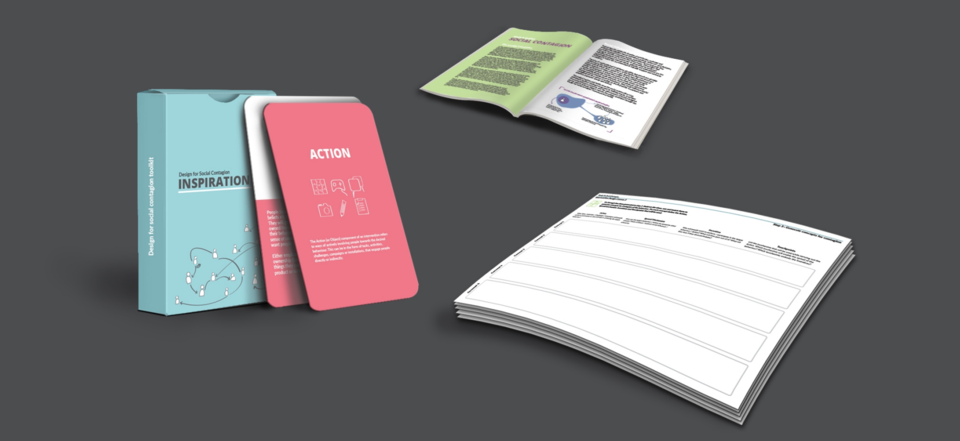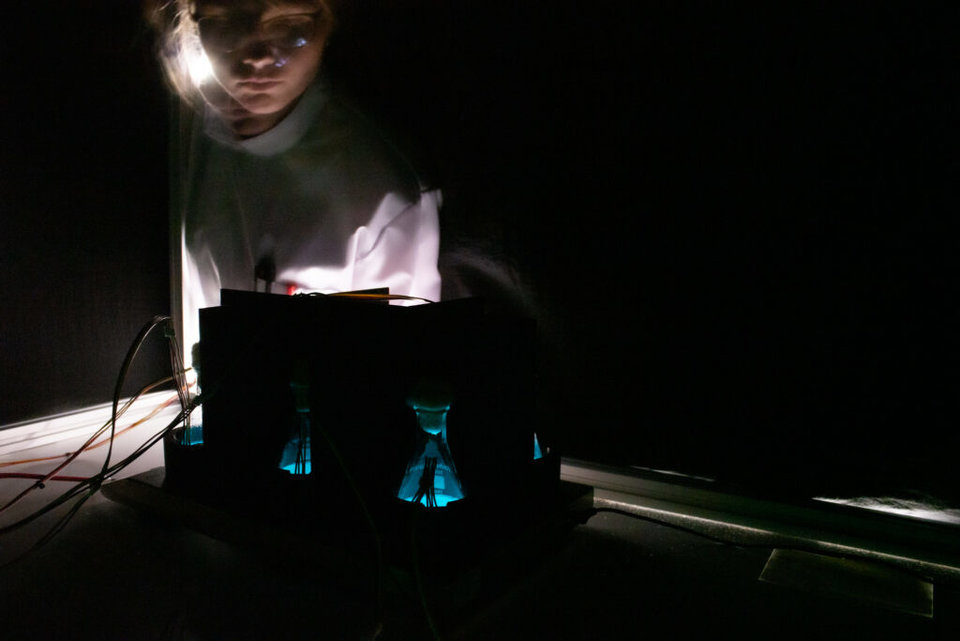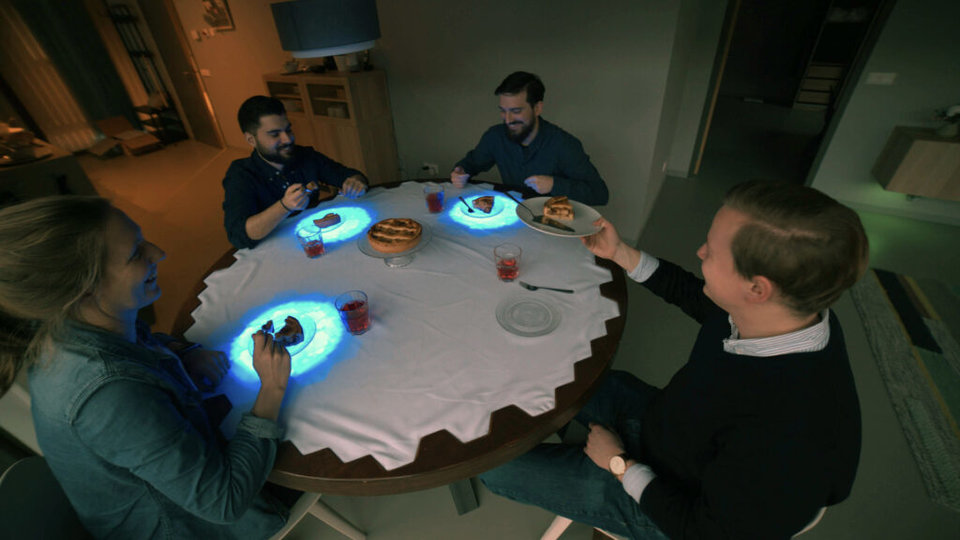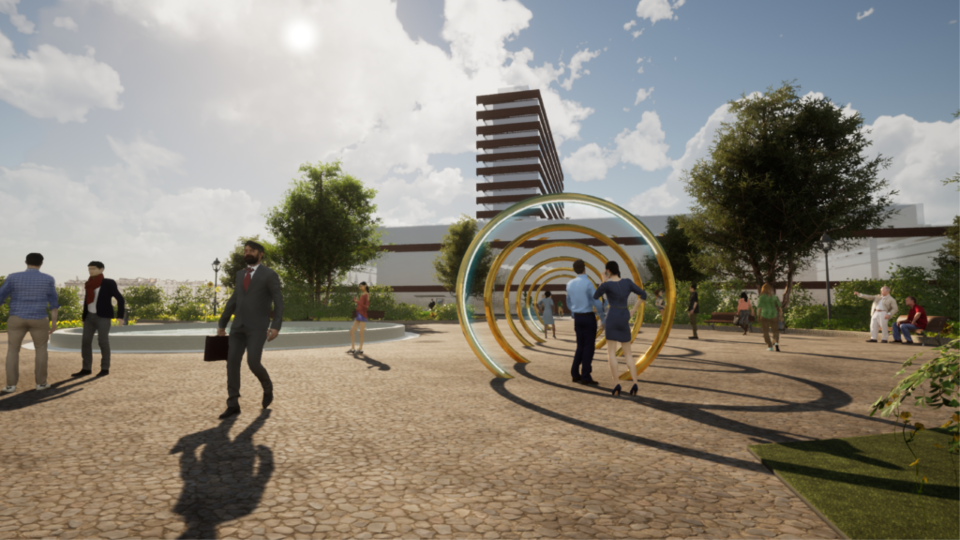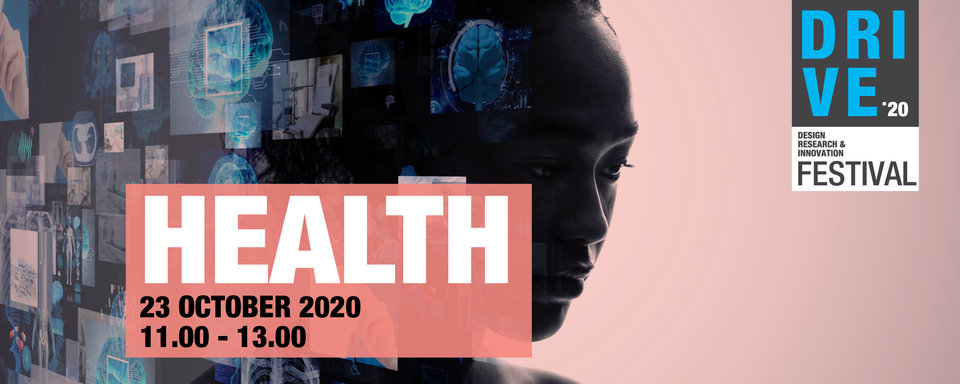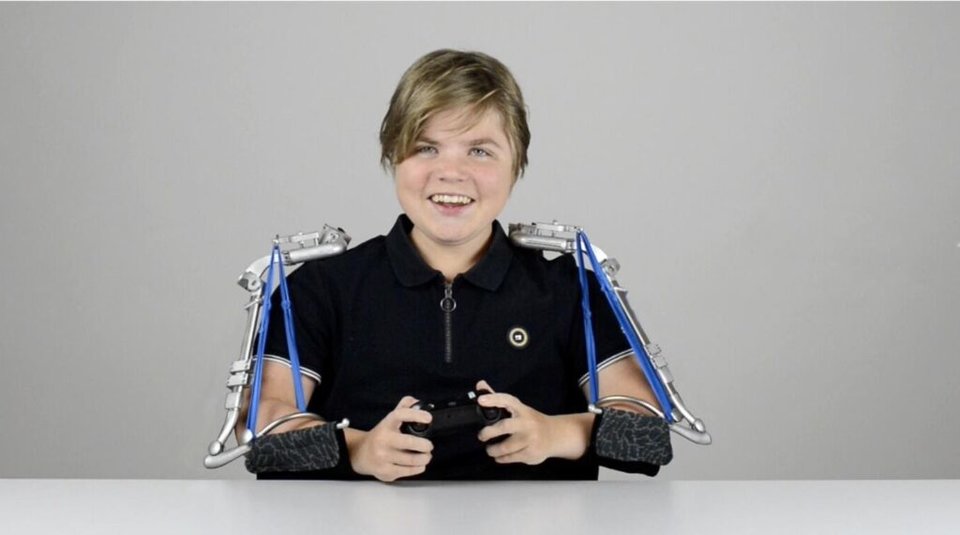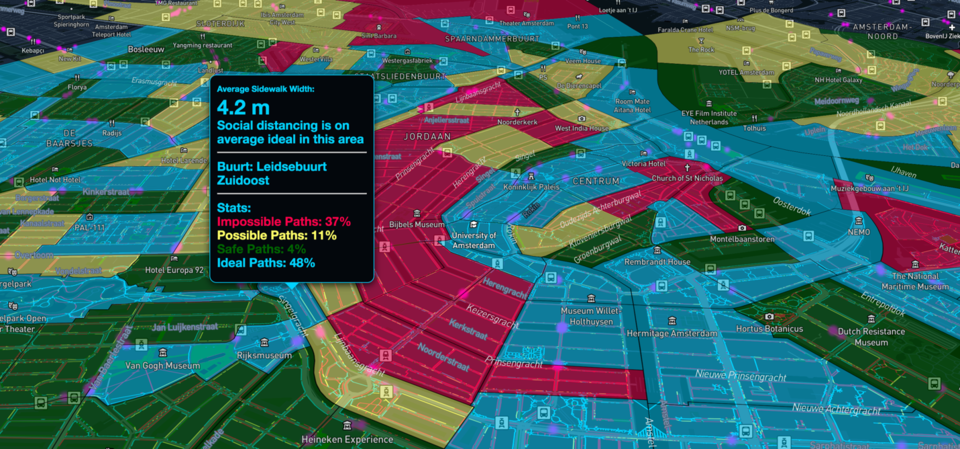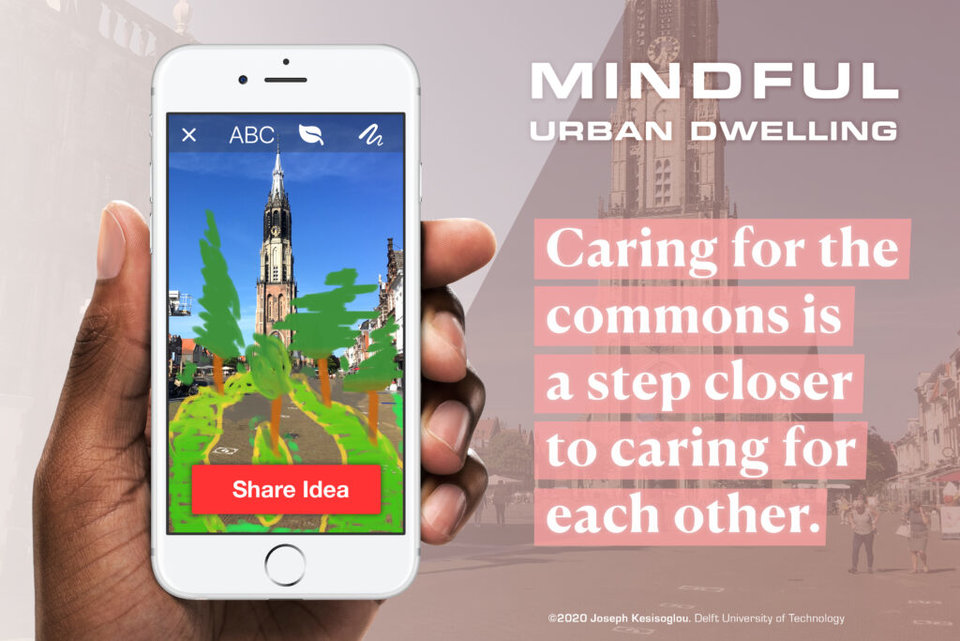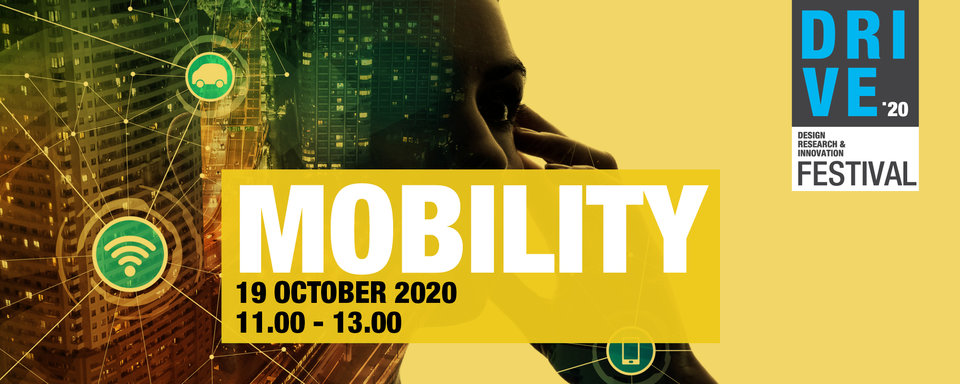It’s an annual fixture on the international design calendar. But 2020 is no normal year and it will come as no surprise that COVID-19 forced the organisers of this year’s Dutch Design Week, to go back to the drawing board. The result is that this year’s event, scheduled for 17-25 October, looks and feels rather different. Different in location (online rather in the Klokgebouw) and different when it comes to content.
Multiple projects from TU Delft’s Faculty of Industrial Design Engineering take the age-old design debate of function versus form one step further – by underlining the fact that design at Delft is driven less by prettiness than by purpose. Many of the Delft-designed artefacts are there to provoke debate on the most compelling issues of today – whether it be ethical issues emerging in the wake of rapid Digitalisation, the Climate Emergency and most topically at the time of corona, designing for crises. In short, systemic questions which demand systemic design (rather than designed products) as answers.
Delft’s contribution to Dutch Design Week is represented at multiple online events throughout the week, for example at Design United’s Up Close and Personal week-long event, supported by the Netherland’s four technical universities (4TU), at Drive and at Van Berlo/Accenture’s sustainability events. Below we group the projects according to TU Delft’s societal challenges. Come back throughout the week to watch or replay the livestreams.
Digital Society
In this Age of Digitalisation, the identity of the designed artefact is in flux. Big Data and AI are blurring the traditional boundaries between subject and object, physical and digital, human and machine. The resulting hybrids are often regarded with a combination of suspicion and fear, curiosity and wonder.
Video: Fizzy Ball
Video: Smart Bench
Digital Society - online magazine articles
The topic above will be the point of discussion during Design United’s Up Close and Personal talk show on the topic of Hybrids (Monday 19 October from 13:00 till 14:00). Design researchers from the 4TU will be explaining their work, joined by subject expert, TU Delft’s Alessandro Bozzon, professor of Human-Centered Artificial Intelligence. Watch the livestream here.
You can explore the projects highlighted on the talk show and more by taking a look at the Up Close and Personal online magazine, where you will also find Tjapko Vermeulen’s Making of a Smart Pillow which explores the importance of data-centric design approaches in the creation of intelligent artefacts and Boudewijn Boon’s Fizzy the Robotic Ball which looks at the role of hybridity in stimulating young children’s spontaneous and unstructured play.
On Thursday 22 October Up Close and Personal will go on to examine the Silent Power of designers - both in shaping the world that we live in and in raising awareness of ethical issues, including questions about new technologies emerging in a Digital Society. Watch the talk show, in which Roy Bendor, assistant professor of Critical Design, will act as an expert guest and Jooyoung Park’s Smart Bench Experience will feature. Her design transforms the communal park bench – an object perceived to be neutral - into a highly judgmental piece of design, raising questions about the use of smart technologies in the urban environment.
Also, included in the theme of Silent Power are Thomas van Arkel’s research on Designing appropriate things for durable behaviour change, in which he emphasises the role of the designer in achieving maximum effect with minimum means, a point that Professor Paul Hekkert echoes in his column, Designers, please guide us!
But in a Digital Society, it’s not always the designer who gets the last word. Instead, it may sit with one of the increasingly common voice assistant. Felipe da Motta Rezende Pierantoni’s project on Meaningful Voice Interactions researches new ways for us to interact with smart speakers which might promote wellbeing rather than negative behaviours like aggression.
Climate Action
We may be living in a Digital Age but we continue to inhabit a material world and physical artefacts still play an important role in design. Consequently the emergence of new biomaterials – living matters – present a fascinating challenge for designers. How might emerging materials help designers create products that digest, or integrate and blend with our human bodies and with our natural environment? How might living materials allow products to function in new and efficient ways? Might these emerging materials prompt us to re-evaluate ‘life’ itself?
Video: Performative Living Light
Video: the Multiple Lives of 3D Printed Designs
Climate Action - online magazine articles and other links
On Wednesday October 21 at 13:00, you can see TU Delft’s Associate Professor of Emerging Materials, Elvin Karana discussing these questions in Up Close and Personal’s talk show on the topic of Living Matters. Joining Elvin round the table will be researcher, Bahareh Barati who will be illuminating the discussion with her Performative Living Light.
In the Up Close and Personal e-magazine you can also find out about Mariet Sauerwein’s pioneering project which explores the use of mussels shells (currently seen as a waste product): The multiple lives of 3D printed designs in a circular economy.
The circular economy is also an important focal point at Drive, organised by Design United and CLICKNL. The Faculty of Architecture and the Built Environment’s Mart van Uden will be presenting at a session on Tuesday 20 October, starting at 11:00.
11 Delft designers will also be showcasing their work on the circular economy at the Van Berlo/Accenture FORWARD/ Responsible Design event on Wednesday 21 and Thursday 22 October. They will be sharing a variety toolkits to help other others in their designs, such as Floor Poppelaar’s toolkit to help consumers bid farewell to (and thereby recycle) disused mobile phones; as well as Jesal Shah’s toolkit which taps into the idea of social contagion as a way to bring about the transition to a more sustainable future.
Have a look at the complete overview of researchers presenting at this event.
Health
Design for health is not about creating sticking plasters. On the contrary, designers and the products they create, originate and function within complex environments or ecologies consisting of multiple people, products and systems which are entangled, unpredictable and interdependent. This presents a complex design conundrum: what constitutes an ecology and who or what should be included? How might designers set boundaries around complex design spaces? And how might we change such ecologies through particular design interventions?
Video: Maturing Exoskeleton
Health - online magazine articles and other links
On Tuesday 20 October from 13:00, the Up Close and Personal talk show, Eco-Logica will examine these questions, with examples including the 4TU Pride and Prejudice project which focuses on chronic disease prevention through real-life monitoring and context-mapping. The breadth of the brief for today’s designers, is picked up on by Bregje van Eeklen, professor of Design, Culture and Society, whose column on the Embedding design in the big picture underlines the “deficit” of imagination when it comes to envisaging the interconnectedness of our world and challenge for designers to shine a light on the complexities of systems. This is a gap which Iris Henrikson tries to bridge in her project for the Nederlandsche Bank, Perspective, which also features on the talk show.
In the Up Close and Personal e-magazine you can also explore the work of Lindsey Vermeer whose Maturing Exoskeleton is the result of a user-centered design process that takes account of changing environments to keep a medical product relevant for years to come.
On Friday 22 October, at the Drive, Health will also be a focal point in a session starting at 11:00. Associate Professor Valentijn Visch, from TU Delft’s Faculty of Industrial Design Engineering is included in the line-up. He will be discussing the topic of design for behavior change, as explored through the Leiden Delft Erasmus research project, Enduring Rewards.
Urbanisation and Mobility
In early 2020, the constant to and from of our modern world ground to a sudden halt: lockdown. COVID-19 has shone a light on the fundamental role that mobility plays in our life and the way we move around and inhabit our cities. But beyond corona, what is the role of the designer in developing communities that are resilient and can withstand further shocks? And how can designers contribute to emission-free mobility, where transport movements take place around hubs?
Video: Mindful Urban Dwelling
Urbanisation and Mobility - online magazine articles
Up Close and Personal’s livestreamed talk show, Crisis! on Friday 23 October at 13:00 examines the work of Achilleas Psyllidis, whose Social Distancing Dashboard visualises cities like Amsterdam in relation to the 1.5 metre rule, and Joseph Kesisioglou, whose Mindful Urban Dwelling envisages ways to build resilience into urban communities. They will be joined by Jeroen van Erp, professor of Concept Design who will be discussing, what he dubs The Hidden Crisis – the inability of organisations to innovate and prepare for future crises – and the creative way that designers can instigate necessary innovation.
Drive examines the theme of Mobility on Monday 19 October at 11:00, with a programme which includes Suzanne Hiemstra van Mastright from TU Delft’s Faculty of Industrial Design Engineering talking about user-centric mobility systems and services, and TU Delft alumnus and Director of Innovation at Livework, Erik Roscam Abbing.

